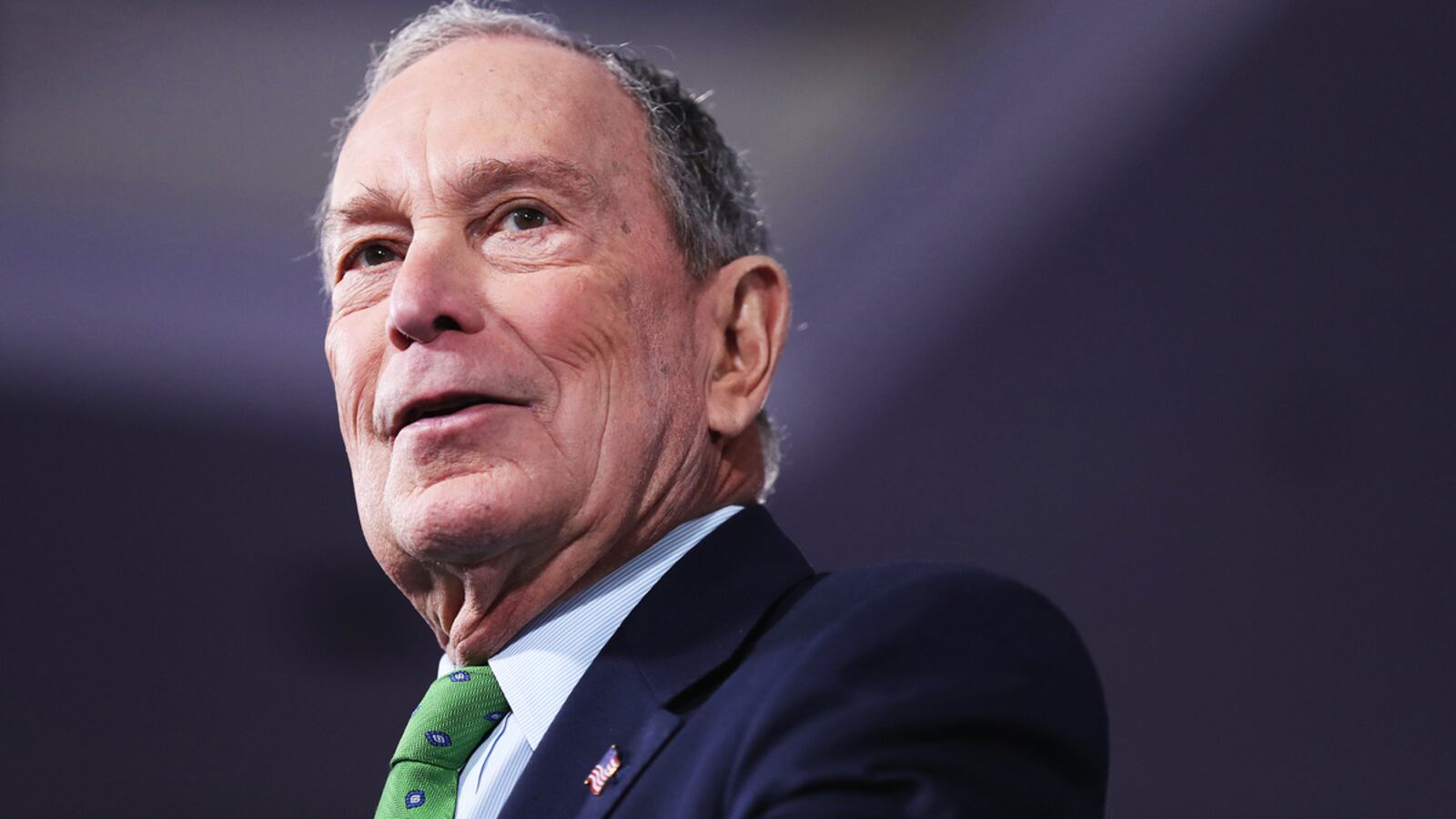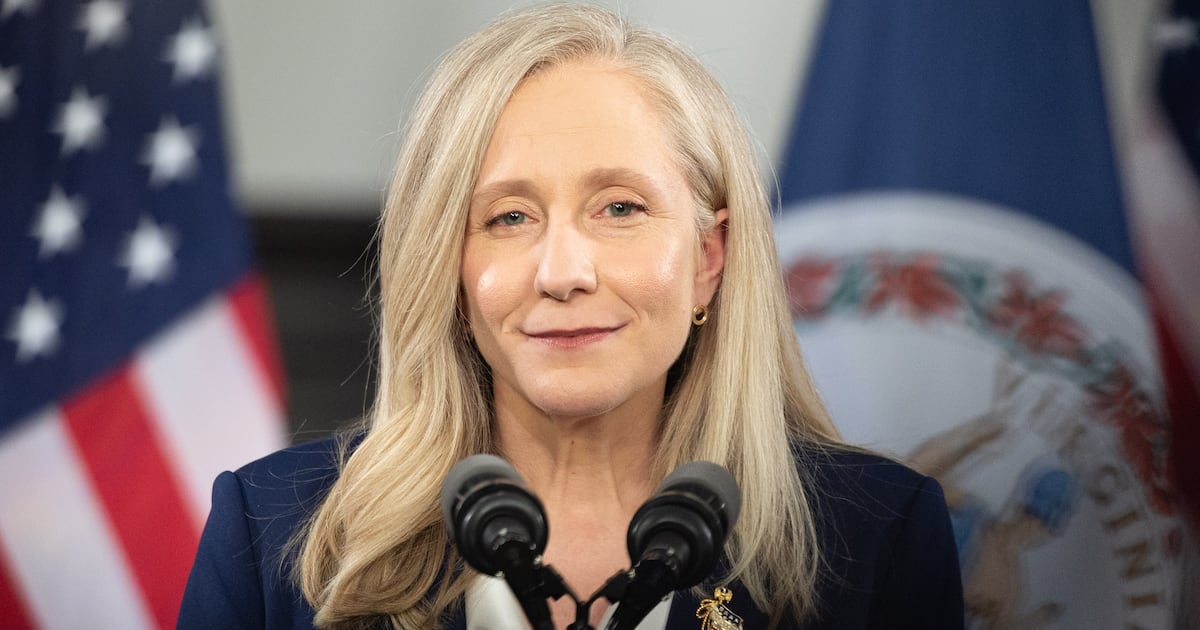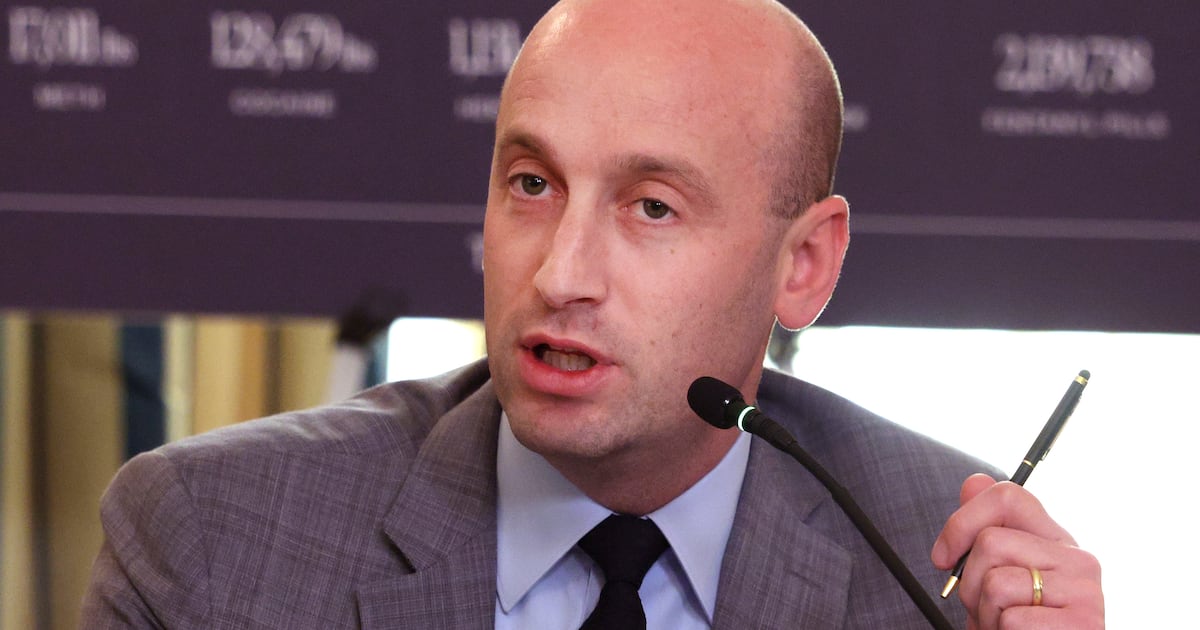Democratic presidential candidate Mike Bloomberg said in 2018 that raising taxes on poor people was a “good thing,” and that taking money from the rich was a bigger problem than income inequality.
The billionaire former New York City mayor has emphasized the need to tackle economic inequality as part of his election platform, listing tax policy and “economic justice for black America” as two key pillars of his election platform. He has also vowed to raise high income tax rates, impose a new tax on billionaires like himself, create jobs and “generational wealth for Black Americans,” and close tax loopholes used by the rich. Just last week, he wrote a New York Times opinion piece headlined “Fixing Inequality is My Priority.”
But comments he made at a high-powered Washington summit in 2018 run counter to those goals and could end up complicating Bloomberg’s efforts to sell himself to Democratic voters.
“I think income inequality is a very big problem. But the bigger problem is, you can take money from the rich and move it over to the poor. If you do it too much then the rich stop producing and everybody loses,” he told International Monetary Fund managing director Christine Lagarde during a Q&A at the IMF’s Spring Meeting.
The comments were part of a lengthy response to a question about where future jobs will come from in the age of artificial intelligence. Bloomberg said policies like minimum wages hikes and taxes on the wealthy were impediments to job creation.
“The problem is the poor want more than a handout, they want the dignity of a job, they want to be able to go home and say, ‘I am contributing to my family’ and so you've got to create jobs and jobs that they think—and probably are—meaningful,” Bloomberg said. “The first thing to do is to get rid of some of these impediments to job creation.”
Julie Wood, a spokeswoman for Bloomberg’s campaign, didn’t clarify the comments but pointed to Bloomberg’s record as mayor, which included raising taxes on the wealthy and keeping poverty rates stable.
“Everyone in this race says they want to fight income inequality, but Mike Bloomberg is the candidate who has actually done it,” she said.
But Frank Clemente, executive director for the Americans for Tax Fairness Action Fund, a non-profit group advocating for tax system reform, said that while he’d been initially encouraged by Bloomberg’s $5 trillion tax platform, he hoped the unearthed comments did not suggest he is now paying “lip service” with his vow to go after billionaires.
“If he’s going to be successful in connecting with Democratic voters and with Trump voters too, who are hurting financially, he has to talk straight to people in a way that connects with the daily struggles that they have and not give technocratic answers,” Clemente said.
During the Q&A with Lagarde, Bloomberg also defended his record on taxation policies as mayor of New York City, arguing that some specific, regressive taxes that he put in place were morally defensible because they compelled poor people to adopt healthier habits, like drinking less soda.
“Some people say, well, taxes are regressive. But in this case, yes they are. That's the good thing about them because the problem is in people that don't have a lot of money. And so, higher taxes should have a bigger impact on their behavior and how they deal with themselves,” he said. “So, I listen to people saying, ‘Oh we don't want to tax the poor.’ Well, we want the poor to live longer so that they can get an education and enjoy life.”
Bloomberg said lawmakers shouldn’t “pander to those people” and should instead raise taxes on sugary drinks, for example, because it’s a major contributor to obesity.
Soda taxes have been a flop in some major cities, criticized for raising the price of groceries and hitting lower income groups harder. In 2014, New York’s highest state court rejected Bloomberg’s attempted partial ban.
Grover Norquist, head of the conservative Americans For Tax Reform, called Bloomberg an “old school progressive” who liked to “bully poor people about their habits that he disapproves of.”
“He sees himself in a superior position—he knows better than you how you should lead your life,” he said.
Bloomberg’s presidential run has been steadily attracting support from African-American leaders and moderate Democrats for its mix of political moderation alongside progressive action on climate change, gun laws, and public health. But his campaign has been marred by the discovery of damning comments. He said in 2015 that police target minority neighborhoods “because that’s where all the crime is.” And he appeared to rationalize Vladimir Putin’s invasion of Ukraine in a 2015 address to the Aspen Institute.








